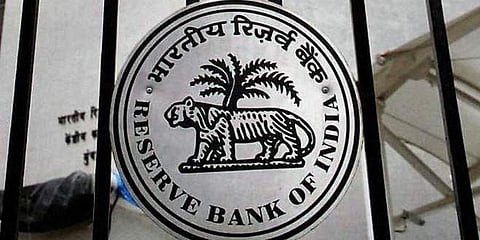

NEW DELHI: The Reserve Bank of India has hinted that Indian equity markets are in a bubble, and that high valuations in the market are far from the ground realities.
The Central Bank in its annual report 2020-21 said that that magnitude asset price inflation in the country given the estimated 8% contraction in GDP in 2020-21 poses the risk of a bubble.
It noted that India’s equity prices surged to record highs, with the benchmark index (Sensex) crossing 50,000 mark on 21 January 2021 to touch a peak of 52,154 on 15 February 2021, which represents a 100.7% from the slump just before beginning of the nationwide lockdown (since 23 March 2020) and a 68% increase over the year 2020-21.
“The deviation of the actual Price/Equity ratio from its long-run trend shows that the ratio is overvalued. Measures of dividend yield also signal that markets are getting overpriced,” says the RBI. The Sensex is currently trading at a P/E ratio of 32.
The RBI has attributed the surge in the stock market mainly to liquidity infused to support the economic recovery and FPI investments. Though it believes economic prospects also contribute to movement in the stock market, the impact is relatively less compared to money supply and FPI.
The Central Bank suggests that liquidity injected to support economic recovery can lead to unintended consequences in the form of inflationary asset prices and providing a reason that liquidity support cannot be expected to be unrestrained and indefinite. It, therefore, hinted that there is a need for calibrated unwinding once the pandemic waves are flattened and real economy is firmly on the recovery path.
According to the RBI annual report, a breakdown of changes in equity prices indicate that the rise in equity prices during 2016 to early 2020 was mainly supported by a decrease in interest rates and equity risk premium (ERP), with increase in forward earnings expectations contributing to a lesser extent.